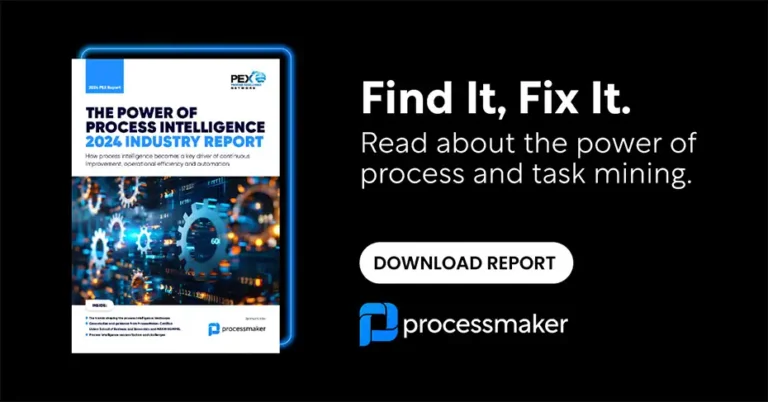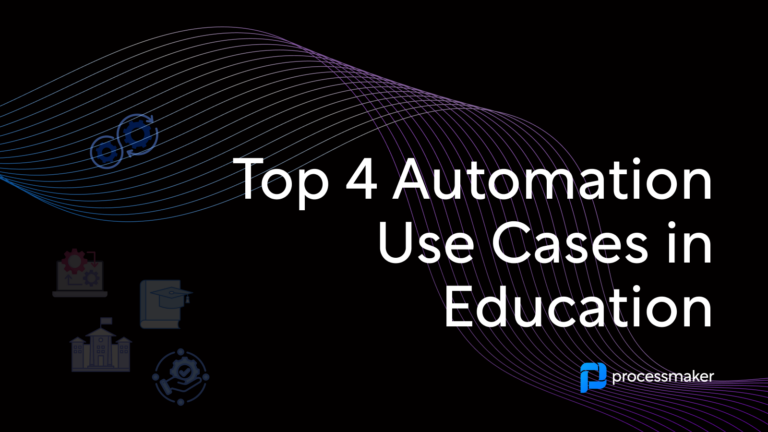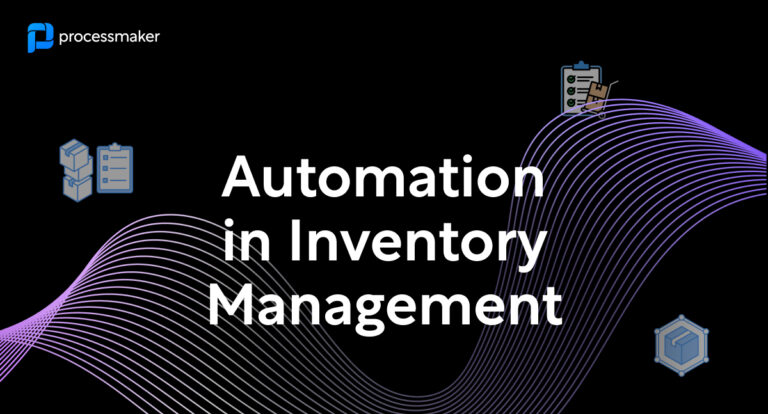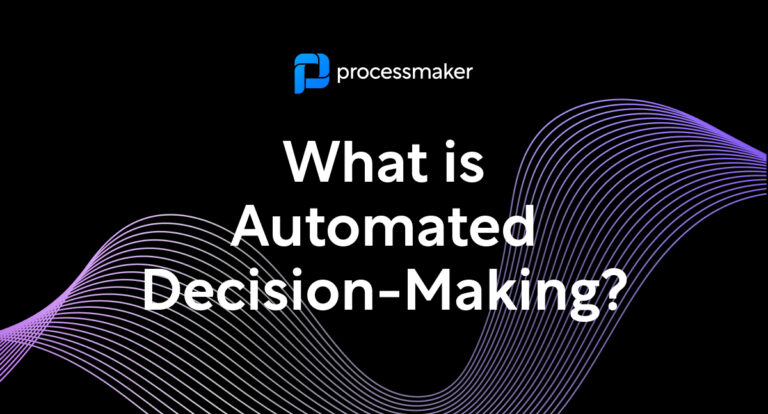You may know blockchain as the technology powering Bitcoin, but did you know the technology has use cases spanning nearly every industry? For the sectors most ripe for innovation, blockchain has the power to revolutionize the way enterprises do business if leveraged correctly.
In higher education specifically, challenges like transfer evaluations, accessing credentials and courses, cost, and enrollment decline due to student dissatisfaction and budget cuts are all plaguing the industry. Like many technologies currently addressing these issues in higher education, blockchain offers answers that remain widely unused.
The potential is untapped, but at what cost? This article covers the definition of blockchain technology, current blockchain use cases in higher education, ending with a discussion on the disruption blockchain will create in the higher education industry.
What is blockchain technology?
A blockchain is a secure digital ledger of transactions that creates a tamper-proof chain. Matt McClintock, Director of Product Marketing at ProcessMaker, says blockchain transactions “are represented as ‘blocks’. Everyone who is part of the blockchain network can view the complete record of transactions in the database. Other members of the network must approve a transaction before it is added to the database.”
So why is this technology so attractive to higher education? Blockchains are immutable, meaning they eliminate fraud, restore preserve the integrity and improve compliance, as regulators can use the blockchain audit trail to verify compliance. They are also easy to access for anyone seeking credentials (think about those post-graduate employers, grad schools, or any other institution requiring verifiable documents). Advocates of blockchain say that the tech restores ownership back to the student, according to EdTech Magazine. Seeing the current strategy of universities to attract and retain college talent is by improving the student experience, empowering the student with end-to-end ownership of their credentials furthers this mission.
To date, blockchain has been used in recent years for issuing digital diplomas. For example, Central New Mexico Community College became the first community college to issue blockchain diplomas in 2017. In addition, the Massachusetts Institute of Technology (MIT) began offering blockchain digital degree certificates in partnership with Learning Machine, a company specializing in providing blockchain-based digital credential services.
“Currently, those who successfully complete a degree from an institution must go back to that institution — sometimes by mail or even in person — each time there is a need to verify the academic credentials earned,” shared Sanjay Sarma, MIT’s Vice President for Open Learning, to MIT News.
While digital diplomas are a great start, the promises of blockchain far exceed this recent development.

The potential of blockchain on higher education
Gartner has identified four ways to apply blockchain in the higher education sector, including the following:
- Enhanced record-keeping. Blockchain’s security and visibility aspects are promising for student records. Particularly for the Office of the Registrar — which manages student records, registration, and transfer evaluations — blockchain can help verify the accreditation of colleges, protect intellectual property (IP), and reduce fraudulent degrees and transcripts.
- Improved business processes. Hitarshi Buch, Lead Architect in Service Transformation at Wipro, envisions blockchain to be the next generation business process management (BPM) due to its ability to increase security, agility, and efficiency within business processes.
- New college funding options. In 2014, King’s College in New York City became the first accredited U.S. institution to accept Bitcoin as payment, eliminating the credit card transaction fees previously charged to students.
- Transformed university business models. As the open-access movement in education continues, colleges will have to change the way students receive education and assets during their academic careers. Innovative initiatives like open education, Massive Online Open Courses (MOOCs), digital credentials, and blockchain curricula turn the tables on traditional education delivery for colleges, creating borderless education open for all. The greatest example of this is Woolf University, set to be the world’s first all-blockchain higher education institution. Arizona State University is also strengthening its ties with community colleges in its reverse transfer process, an alternative transfer evaluation based in blockchain.
Business and universities are teaming up to uncover more ways that blockchain technology can revolutionize higher education. In July 2018, IBM and Columbia University announced a new partnership, the Columbia–IBM Center for Blockchain and Data Transparency, which will house research and education that explores even more ways to use blockchain on campus.
Additionally, following MIT’s success of digital credentials, nine post-secondary institutions have united to “develop a free service through which students can store and share academic credentials from various sources… thereby creating a global infrastructure anchoring academic achievements,” according to EdScoop.
It’s evident that more blockchain use cases in higher education will come to life over the next decade, but not everyone is on board to go digital with this new technology.
The barriers to mass adoption
The pros of blockchain are plentiful, so why aren’t more universities jumping at this technology? We believe a wide array of reasons hold colleges back, including the following:
- Legacy solutions. The digital campus is still a very far-off dream for many colleges in America today. Many schools have deep investments in outdated point solutions like document management systems (DMS) and student information systems (SIS). Not everyone has integrated these systems on one centralized platform, and the move to do so is daunting for paper-based, manual campuses.
- Expense. Training staff to understand and use blockchain takes time, and time is money. While the long-term gain is potentially massive for higher education, the challenges to hit the ground running can be costly. This can make investing in blockchain harder to justify for colleges, especially those hit hardest by budget cuts.
- Learning curve. As with any new technology, professional development is a key component of successful implementation. For the average citizen, the concept of blockchain is still very elusive. According to Slate, many don’t trust blockchain technology on top of that, making open-mindedness to invest and learn even more difficult.
- Decentralized power. Colleges have traditionally stood tall in the “ivory tower” concept, making these institutions esoteric, inaccessible bodies that operate under customs and board governance unique to each school. Blockchain by nature increases the visibility of each transaction on campus and dematerializes the intermediary (which is usually the school). While this is in the best interest of the student, it strips the power of the colleges. The American finance industry is wrestling with adopting blockchain for this very same reason.
Conclusion
Blockchain technology is no longer a buzzword of previous years. In 2020, it’s one of the leading technology trends to drive digital transformation in this new decade. For higher education, the potential of blockchain is vast — improved security, visibility, efficiency and greater access to credentials, records, and campus workflows prove that this technology is set to dismantle a traditionally paper-based, slow-to-innovate industry like higher education. On the other hand, we understand the concerns of university boards and staff, revealing major obstacles to widespread implementation.
As a result of introducing blockchain in higher education, automation of processes and services will lead to smart contracts, paperless transactions, and significant resource savings in the long-run. To reap the rewards of blockchain on campus, universities will need to adapt their IT departments and infrastructures to realize blockchain’s full potential. This, in turn, will improve the student experience and overall campus efficiency, allowing colleges to remain competitive in an increasingly volatile market.
Considering an enterprise solution to get your university up to speed for digital transformation? Sign up for our webinar on January 24th at 12:00 pm EST to discover how ProcessMaker prepares colleges to meet the technological demands of tomorrow.

Schedule a demo today
Hundreds of commercial customers, including many Fortune 100 companies, rely on ProcessMaker to digitally transform their core business processes enabling faster decision making, improved compliance, and better performance. Schedule your free demo today here to realize the potential of ProcessMaker.





